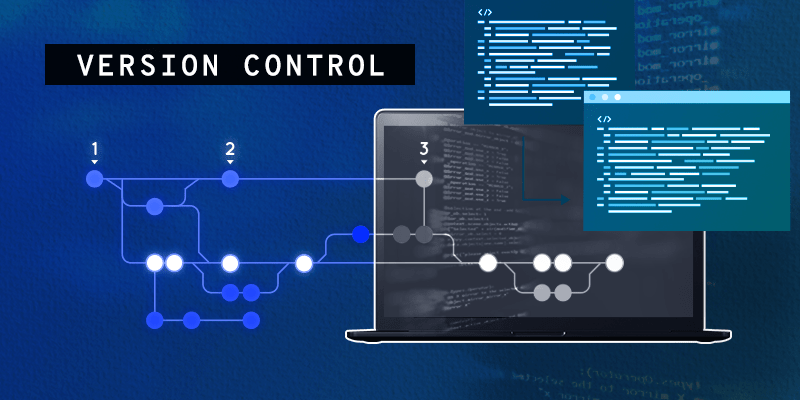AutoRabit, which develops tooling for Salesforce CRM devs, lands $26M – TechCrunch
AutoRabit, which provides CI/CD tools for Salesforce customer dev teams, today announced that it raised $26 million in a Series B funding round led by Full In Partners, bringing the startup’s total raised to $52.5 million. CEO Meredith Bell says that the new cash will be put toward product development and expanding the size of AutoRabit’s 135-person workforce.
AutoRabit was founded in 2015 by Vishnu Datla with the goal of creating a suite of dev tools for companies using Salesforce customer relationship management (CRM) products. Datla, a former Cisco consultant, previously launched TechShopy, a business process management solutions vendor specializing in platforms like OpenText and Pega.
“Fortune 1000 companies in regulated industries need to manage their Salesforce environments and Salesforce development with the same rigor and vigilance they have learned to apply to the rest of their more traditional IT apps and systems,” Bell told TechCrunch in an email interview. “But Salesforce is different, and without the right DevSecOps solutions that are created specifically for the differences in the Salesforce environment, Salesforce customers can see security vulnerabilities, compliance issues, and mounting technical debt.”
AutoRabit’s tooling platform offers features including version control, deployment, testing, data loading and sandbox management — all ostensibly tailored to Salesforce software devs’ needs. AutoRabit also helps to manage and merge branches of CRM code from multiple developers, leveraging metadata to identify and commit code from across teams and scanning the code for vulnerabilities using a rules-based system.

Image Credits: AutoRabit
Beyond this, AutoRabit can back up and recover Salesforce data, metadata, file attachments, chats, knowledge articles and custom datasets. The platform’s subscription plans include daily unlimited backups, and Bell claims that it can handle the transfer of millions of Salesforce records while ensuring data integrity between source and destination environments.
Customers might be understandably wary of storing their backed-up CRM data in a third-party cloud. Fortunately, AutoRabit offers self-hosted plans and dedicated, isolated cloud instances, as well as packages specific to industries like healthcare, life sciences and banking and finance.
“Salesforce was created to be a CRM, not a development platform, so the standard suite of dev tools are missing, and AutoRabit’s flagship product … was created to fill that gap,” Bell said. “One of the biggest challenges in Salesforce is the lack of tools available for monitoring and securing the software supply chain.”
There’s certainly an appetite for tools and services built on top of the Salesforce ecosystem. According to Forbes, Salesforce now has more than 19% share of the CRM market. One report estimates that the market for third-party Salesforce services alone reached $9.12 billion in 2019.
For its part, AutoRabit claims to have 400 customers, with a special concentration in regulated industries.
Sensing a larger opportunity, Bell says that AutoRabit plans to invest a portion of the new funding in AI and machine learning technologies for automation. “As AutoRABIT leverages this funding round to continue building out our Salesforce toolset, machine learning and AI will play a major role in anomaly detection, monitoring developer and user behavior, and implementing zero-trust access models across systems,” she added.


